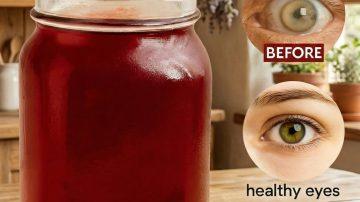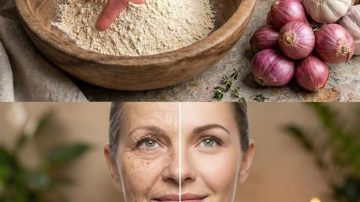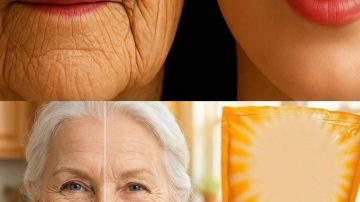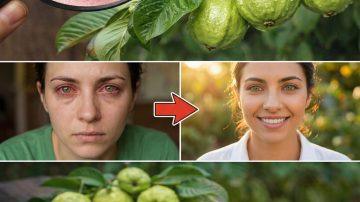Cloves—the small, fragrant spice buds—are a concentrated powerhouse of natural medicine, celebrated for centuries for their anti-inflammatory, antioxidant, and digestive properties. Their immense therapeutic value comes from eugenol, a potent compound that is the driving force behind their soothing and antiseptic effects.
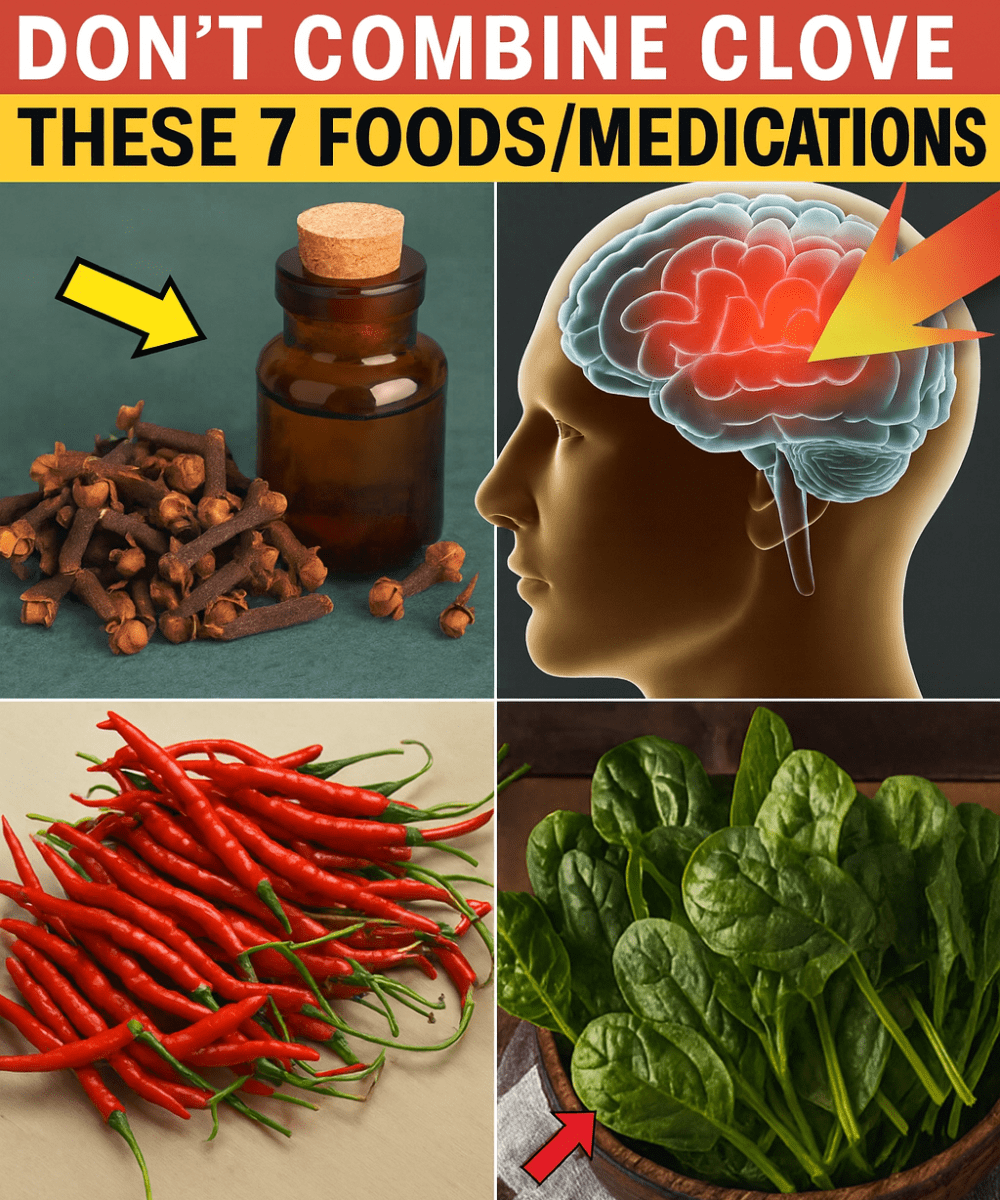
However, like any highly active natural substance, cloves do not mix well with everything. In fact, combining them with certain medications or even other healthy foods can lead to dangerous interactions, amplifying effects you don’t want or causing serious systemic imbalance. The risk is particularly high with issues related to blood clotting, blood sugar, and liver function.
If cloves are part of your tea, cooking, or natural wellness routine, you must know where the danger lies. Read on to uncover the 7 critical combinations you should never mix with cloves and learn the non-negotiable safety precautions to protect your health.
🩸 The Blood Clotting Clash: Never Mix with Anticoagulants
1. 💊 Blood-Thinning Medications (Warfarin, Aspirin, Heparin)
- The Scientific Conflict: Cloves contain eugenol, which acts as a natural anticoagulant (blood thinner). It inhibits platelet aggregation and interferes with the clotting process.
- The Danger: Combining cloves with prescription blood-thinning medications (like Warfarin, Heparin, or daily Aspirin) creates a synergistic risk. This amplification can lead to dangerous complications such as excessive bleeding, easy and unexplained bruising, or severely slowed healing of even minor cuts.
- The Rule: If you are on any anticoagulant therapy, consult your doctor before using cloves or clove oil regularly (even in moderate amounts).
2. 🌿 Anticoagulant Herbal Tonics (Ginger, Turmeric, Ginkgo)
- The Scientific Conflict: Many popular wellness staples—like ginger, turmeric, garlic, and ginkgo biloba—also possess natural antiplatelet or blood-thinning properties.
- The Danger: Mixing cloves with these other strong herbs multiplies the blood-thinning effect beyond safe limits. This can increase the risk of internal bleeding, dizziness, or hemorrhage.
- The Rule: Limit combining multiple anticoagulant herbs in high concentrations (e.g., using clove oil and drinking a potent turmeric-ginger tea at the same time).
3. 🥬 Foods Rich in Vitamin K
- The Scientific Conflict: Vitamin K is essential for the production of several key clotting factors in the blood. Since cloves interfere with clotting, consuming them alongside Vitamin K can create a direct conflict.
- The Danger: While not usually dangerous for healthy people, this conflict can create imbalances in the body’s natural clotting mechanisms, particularly for individuals already managing heart conditions.
- The Rule: Moderate your consumption of cloves when eating large amounts of Vitamin K-rich greens like spinach, kale, or broccoli.
📉 The Metabolic Mix: Never Mix with Blood Sugar Drugs
4. 💉 Diabetes Medications (Metformin, Insulin)
- The Scientific Conflict: Studies suggest that cloves may naturally help lower blood glucose levels and improve insulin sensitivity.
- The Danger: When combined with prescription diabetes medications (like Metformin or Insulin), the cumulative blood-sugar-lowering effect can be too strong, leading to hypoglycemia (dangerously low blood sugar).
- The Rule: If you are diabetic and on medication, DO NOT add cloves to your daily regimen without monitoring your glucose levels and consulting your doctor to adjust your medication dosage first.
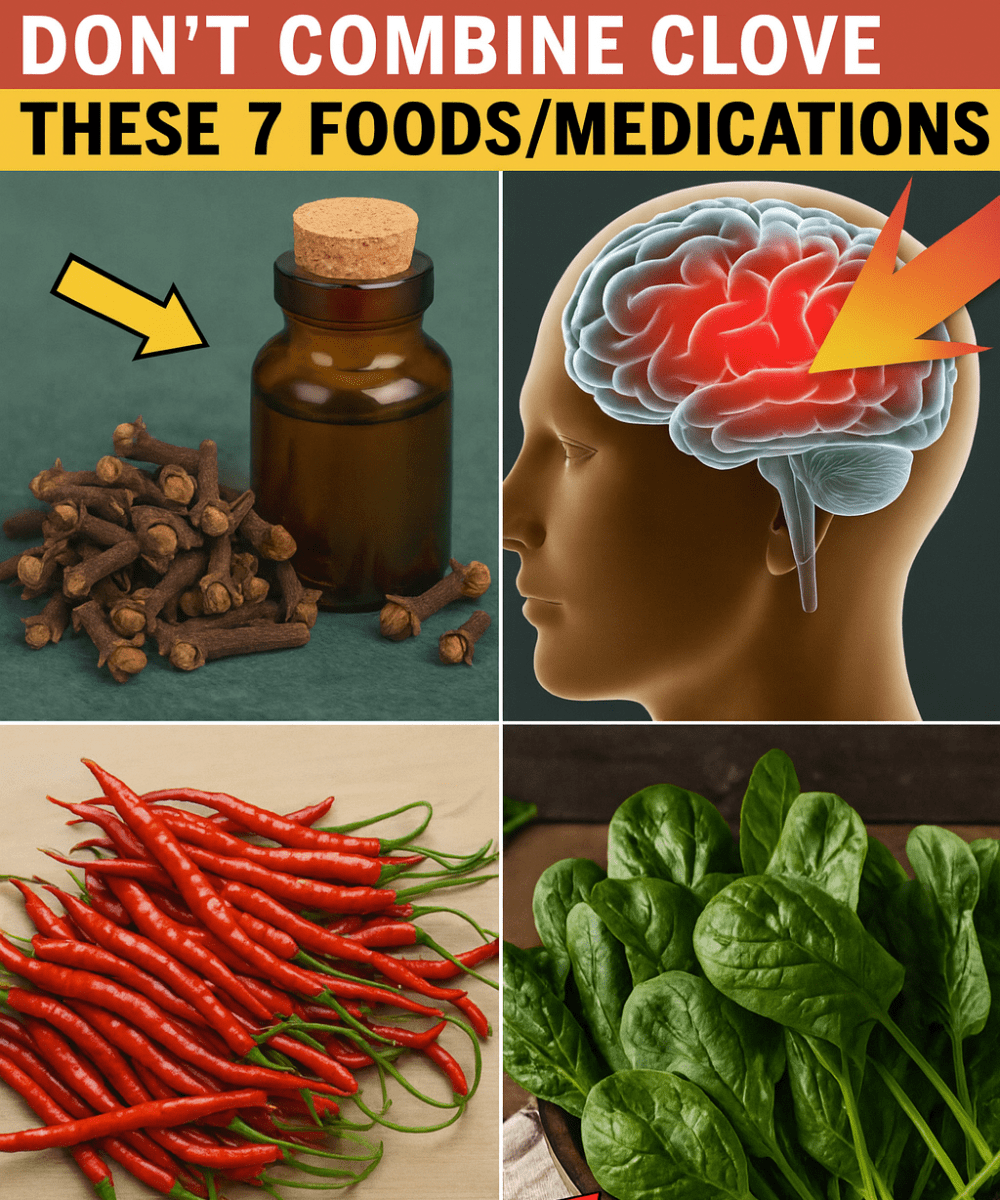
💥 The Internal Irritation: Never Mix with Stomach Aggravators
5. 🥃 Alcohol
- The Scientific Conflict: Both eugenol (in cloves) and alcohol are metabolized by the liver. Concentrated alcohol intake, especially, puts a heavy burden on this organ.
- The Danger: The combination can stress the liver and increase the risk of liver damage or irritation. This is a significant risk if you have existing liver conditions or consume alcohol frequently.
- The Rule: Avoid consuming concentrated clove products or oil when drinking alcohol.
6. 💊 NSAIDs (Non-Steroidal Anti-Inflammatory Drugs)
- The Scientific Conflict: NSAIDs (like Ibuprofen or Naproxen) are known to carry a risk of irritating or damaging the stomach lining, especially with long-term use. Cloves are potent and can sometimes irritate the sensitive lining of the gastrointestinal tract.
- The Danger: Combining cloves with NSAIDs may increase the risk of developing ulcers, gastritis, or stomach bleeding.
- The Rule: If you take NSAIDs regularly for pain, use cloves only in moderation and with food.
7. 🌶️ Excessive Spicy Foods
- The Scientific Conflict: Cloves possess a powerful warming, pungent nature. Heavily spiced foods (like hot curries, chili peppers, or ginger-heavy dishes) have a similar effect.
- The Danger: Combining excess heat and pungency can overwhelm the digestive system, triggering painful acid reflux, severe heartburn, or gastritis, particularly in those with sensitive stomachs.
- The Rule: Use cloves as the primary spice rather than combining them with large amounts of other warming spices if you are prone to stomach irritation.
👑 The Safe Zone: How to Use Cloves Effectively
Cloves are an indispensable tool for wellness when used with moderation and awareness.
- Use in Moderation: 2–3 whole cloves per day (in tea or cooking) is considered safe for most healthy adults.
- For Topical Use: Always dilute clove essential oil heavily with a carrier oil (like coconut oil) before applying to the skin for muscle relief or blemishes. Never apply undiluted oil.
- Consult: If you are managing any conditions related to blood, liver, or blood sugar, always check with a doctor before incorporating cloves regularly.
🌟 Final Thoughts: Respect the Power
Cloves are a potent natural remedy, and their power to heal and protect is immense. But like any strong medicine, they must be used wisely and with respect for their biological activity.
By avoiding these 7 critical combinations, you can safely harness the fragrant and healing benefits of eugenol without compromising your long-term health. Choose safety and consistency—your body will thank you.

